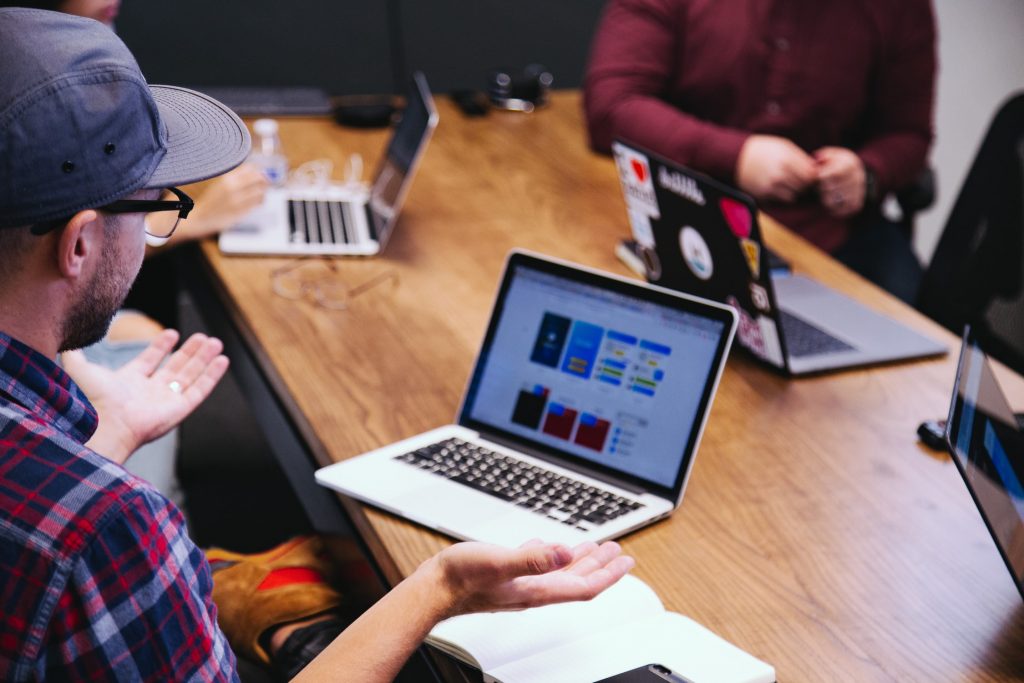
Location: Le Plaza Hotel, Adolphe Maxlaan 118/126, 1000 Brussel
Date: Thursday 21 November 2019
To reduce the import dependency of the European Union for raw materials, industrial by-products and residual streams are increasingly looked at as low grade resources. Indeed, many materials such as metallurgical slags, incineration ashes or mine tailings contain significant amounts of metals that are currently not valorized, but landfilled. To recover these metals, existing flowsheets must be adapted or in some cases completely new technologies are developed. From a sustainability standpoint, such new flowsheets must be not only economically viable but also beneficial for the environment and society as a whole. But how can we determine the impact of resource recovery versus landfilling for such new technologies, where data is typically only available at laboratory (or best case pilot) scale? Is it possible to upscale research data? And how much effort is acceptable before resource recovery becomes worse than (well-managed) landfilling?
A broad cluster of EU H2020 project aims to discuss these questions starting from the experiences gained in projects such as METGROW+, CHROMIC and NEMO. Bottlenecks and ways to overcome them are presented, followed by an interactive debate aiming to formulate policy recommendations. We close the day with a networking cocktail.
Satellite event, 21 November 2019 – 14h-17h (+ networking cocktail) @Le Plaza Hotel (Brussels)
Register here (limited spaces!): https://apps01.vito.be/vitoevents/inschrijving/SustainAssessment2019.aspx
Programme:
14.00: Welcome and introduction to the workshop
14.15: Sustainability in recovering metals from secondary resources: Approach and lessons learned in METGROW+ and CHROMIC (Yoko Dams, VITO and Koen Oorts, ARCHE)
14.35: Sustainability in the mining sector: Approach and lessons learned in NEMO (Andrea di Maria, KU Leuven)
14.50: Sustainability in enhanced landfill mining: Approach and lessons learned in NEW-MINE (Karel Van Acker, KU Leuven)
15.00: Summary and common issues
15.15: coffee break
15.45-16.45: Interactive discussion
16.45: wrap-up and outlook to next event
17.00 – 18.00: networking cocktail


